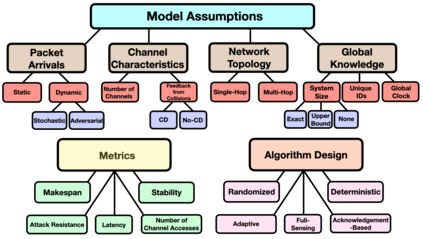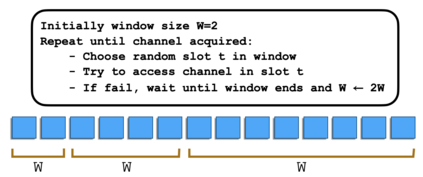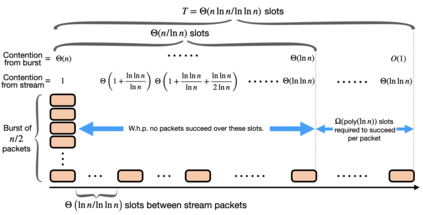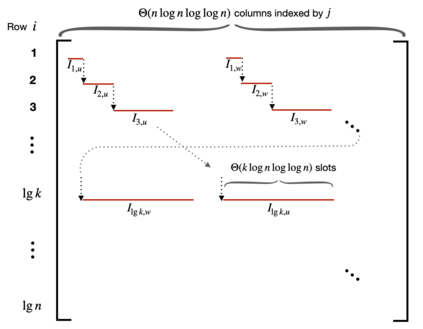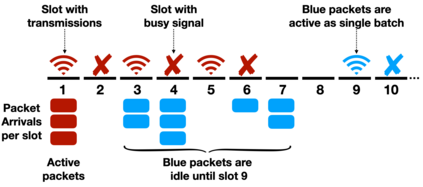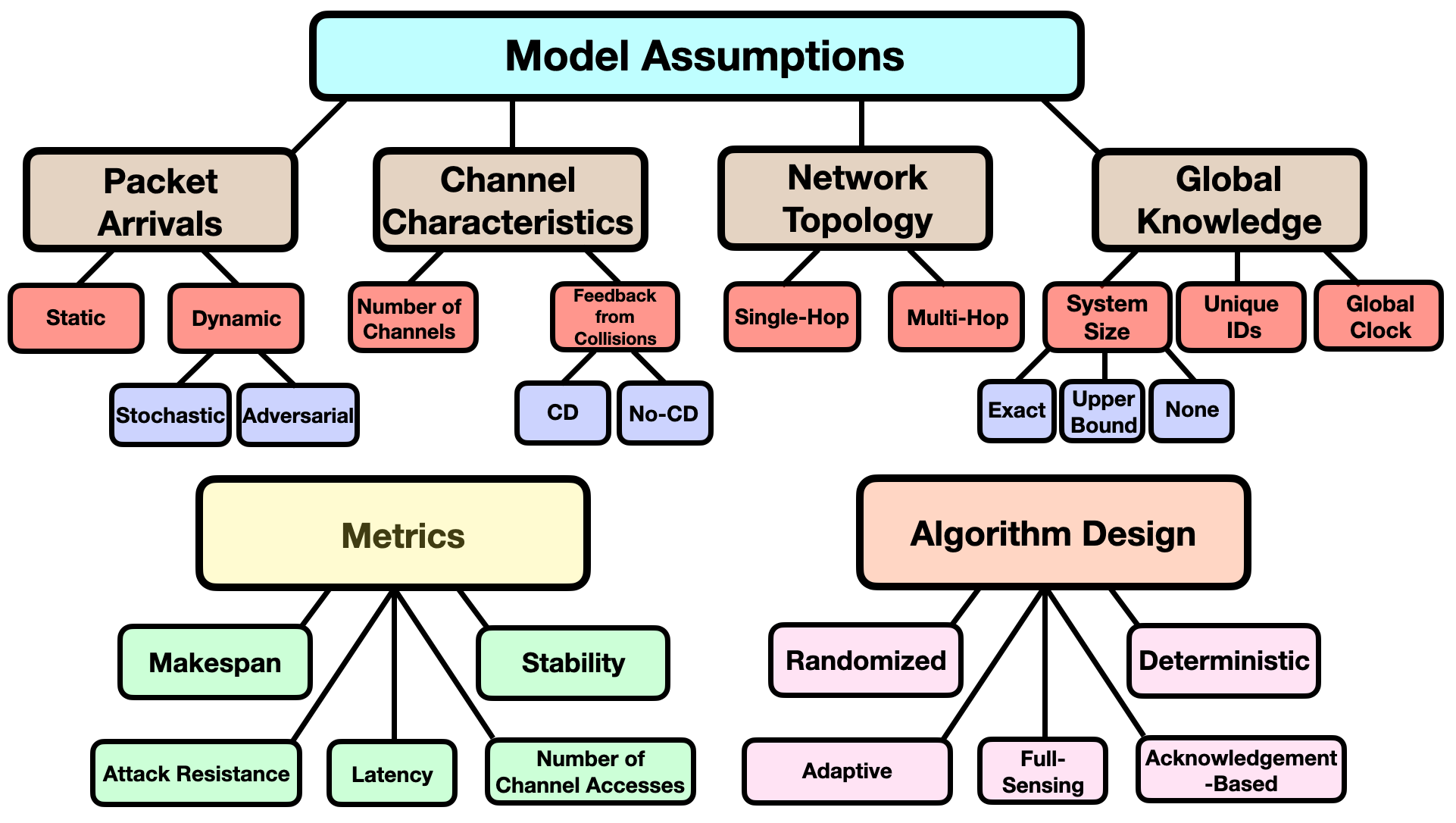Contention resolution addresses the challenge of coordinating access by multiple processes to a shared resource such as memory, disk storage, or a communication channel. Originally spurred by challenges in database systems and bus networks, contention resolution has endured as an important abstraction for resource sharing, despite decades of technological change. Here, we survey the literature on resolving worst-case contention, where the number of processes and the time at which each process may start seeking access to the resource is dictated by an adversary. We also highlight the evolution of contention resolution, where new concerns -- such as security, quality of service, and energy efficiency -- are motivated by modern systems. These efforts have yielded insights into the limits of randomized and deterministic approaches, as well as the impact of different model assumptions such as global clock synchronization, knowledge of the number of processors, feedback from access attempts, and attacks on the availability of the shared resource.
翻译:暂无翻译

